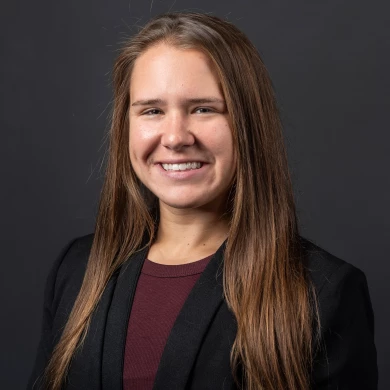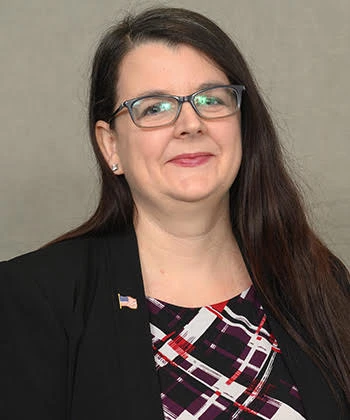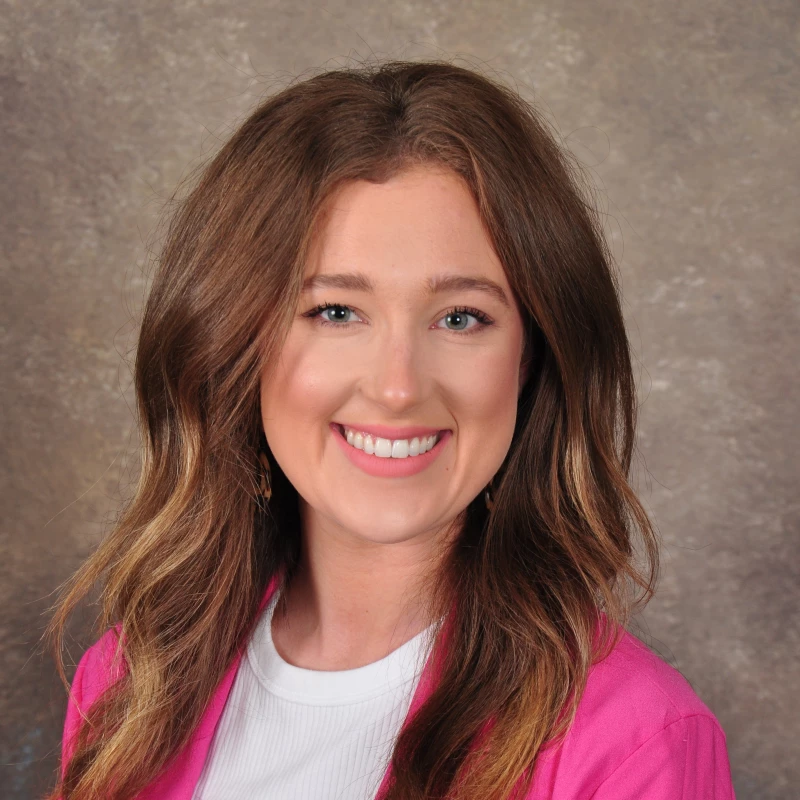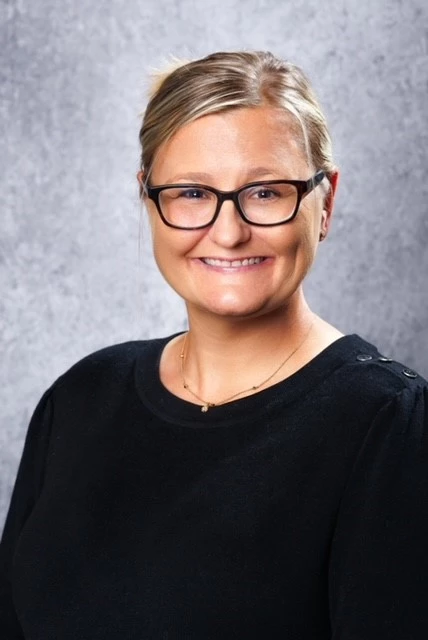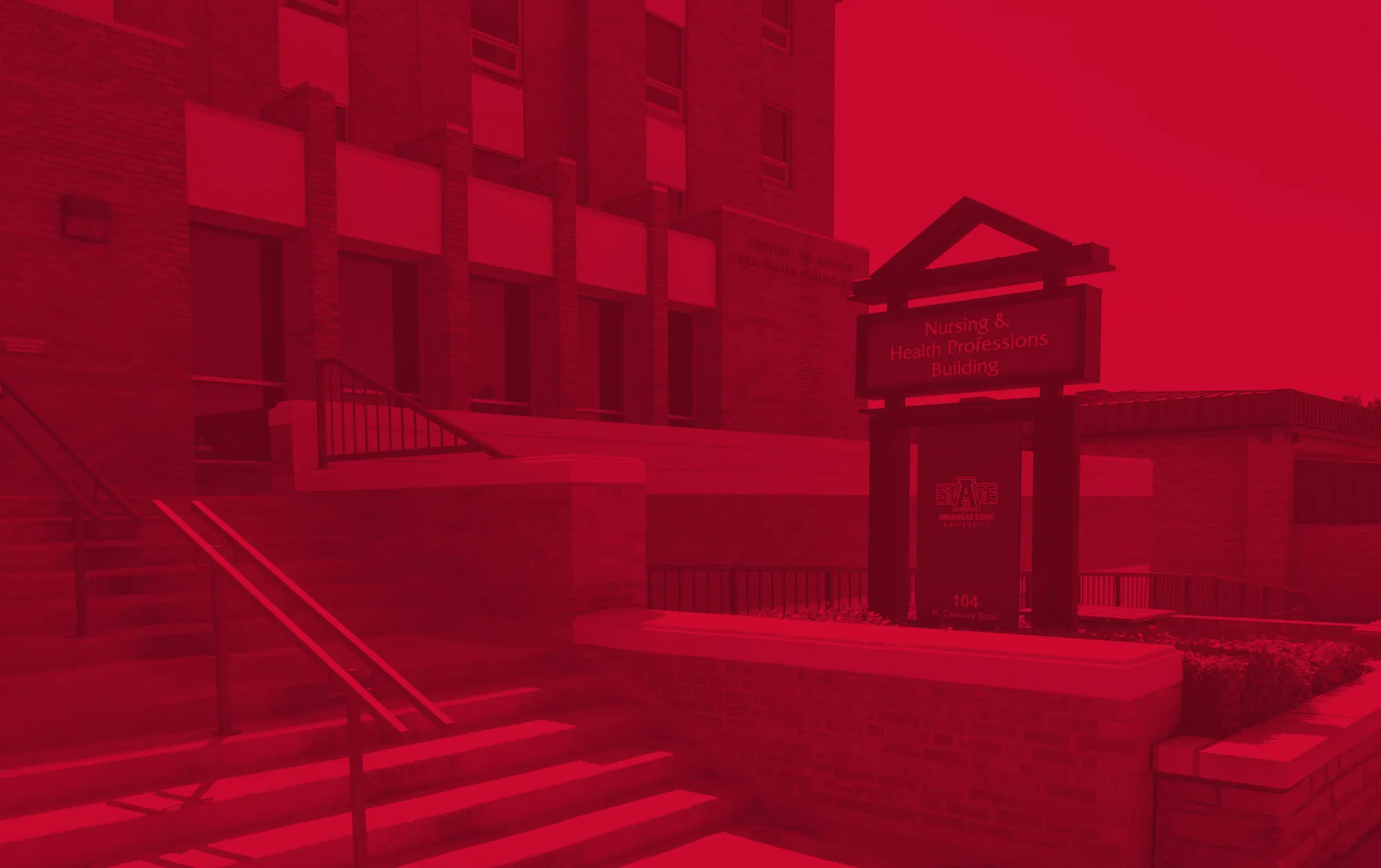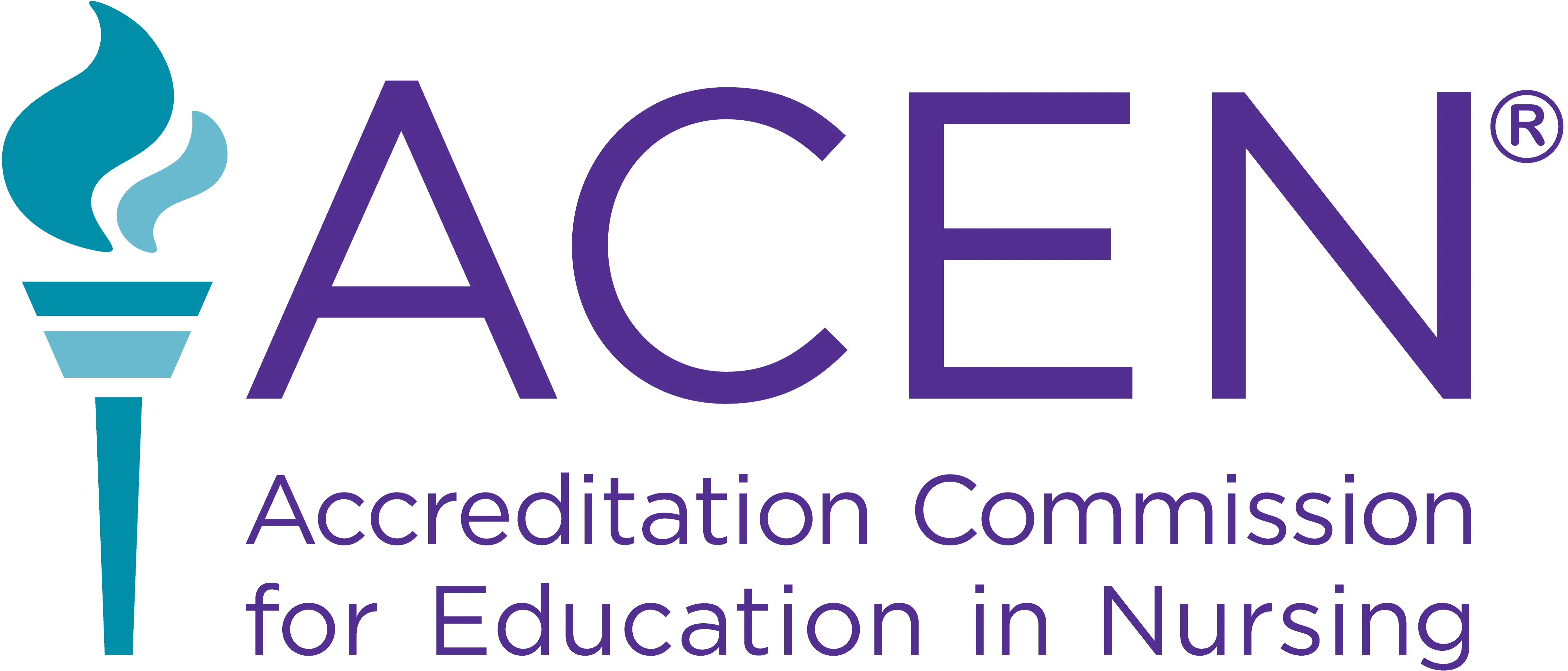School of Nursing
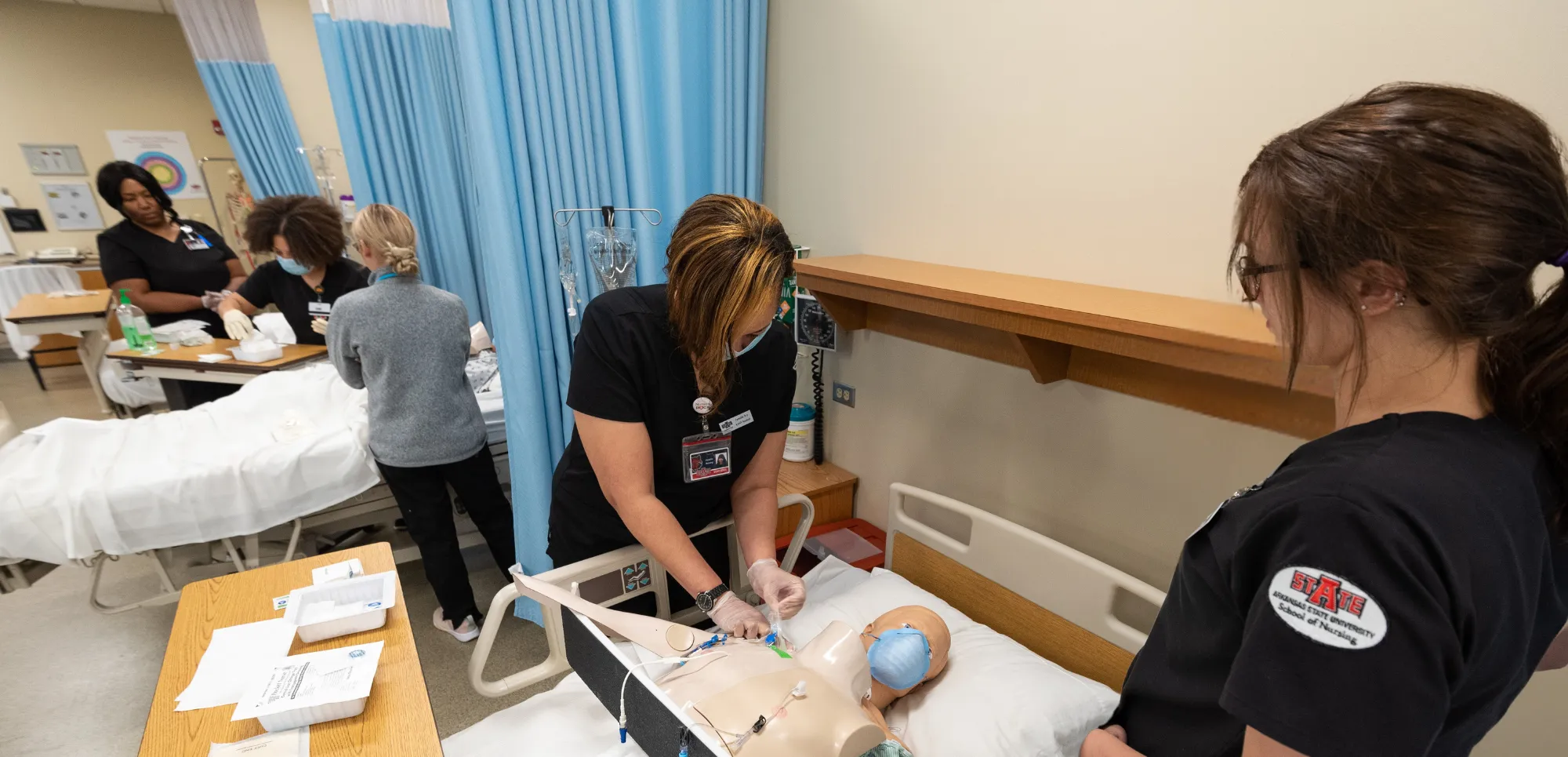
Advancing Nursing Through Education, Progress, and Compassion
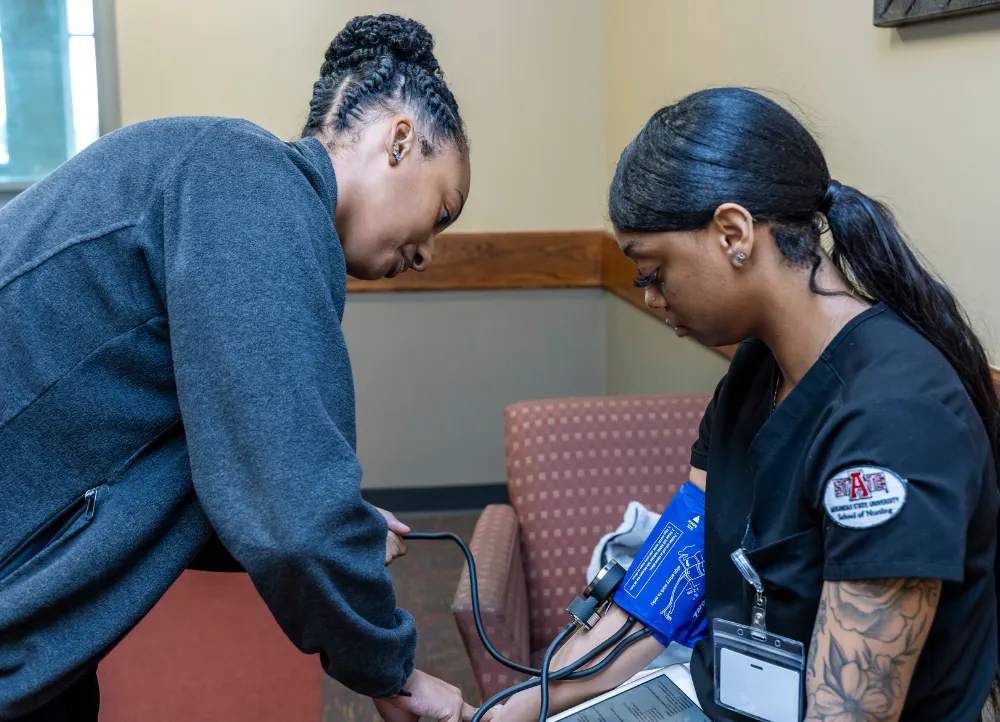
Undergraduate
Associate of Applied Science
Bachelor of Science

Master's Programs
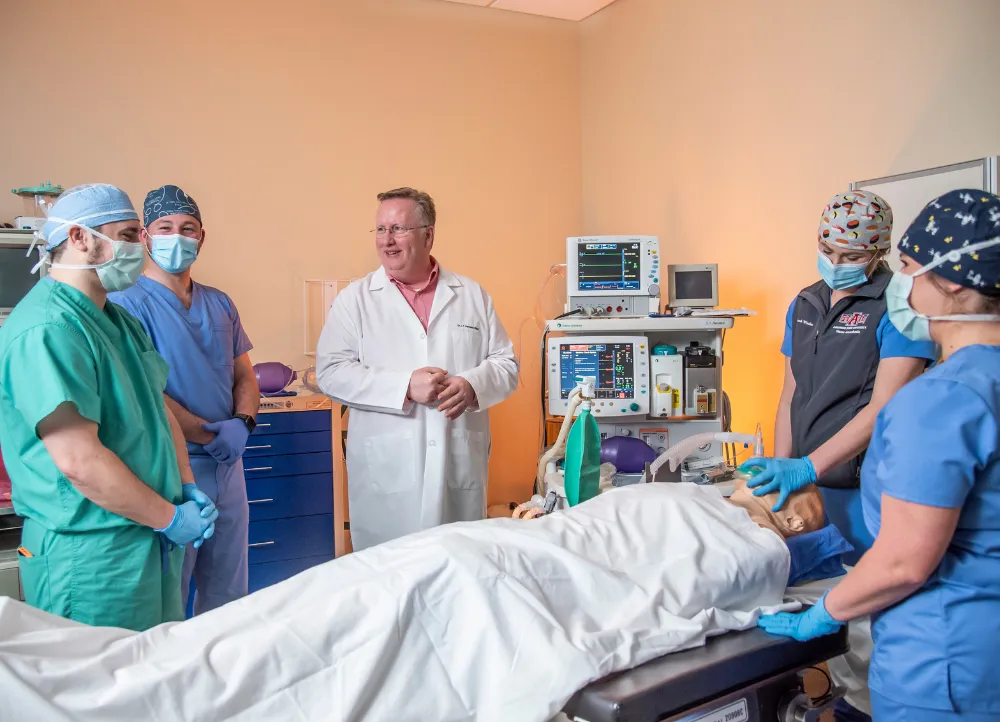
Doctor of Nursing Practice
Doctor of Nursing Practice
Why A-State?
applying to the school of nursing
Acceptance into Arkansas State University does not guarantee admission to a specific nursing program.
Applications to the School of Nursing are only open at certain times each year, be
sure to check the dates for your intended program. These dates are firm. If you miss the deadline, you will be considered for the next open application.
The 2nd Degree Accelerated BSN (online) accepts applications all year.
Want A Sneak Peek?
| empty table header | LPN to AASN *Requires SPANS & Smart Measures | LPN to AASN (online) *Requires SPANS & Smart Measures | Paramedic to AASN *Requires SPANS & Smart Measures | Traditional Bachelor of Science in Nursing (BSN) |
|---|---|---|---|---|
| Fall Applications Open | April 30th | March 15th | April 30th | |
| Fall Applications Closed | June 7th | May 1st | June 7th | |
| Spring Applications Open | August 31st | August 31st | August 31st | August 31st |
| Spring Applications Closed | October 15th | October 15th | October 15th | October 1st |
| Summer Applications Open | January 5th | |||
| Summer Applications Closed | March 1st |
Whether you want to do travel nursing, assist in procedures, deliver babies, or care for the elderly, you can find your calling through Nursing at A-State
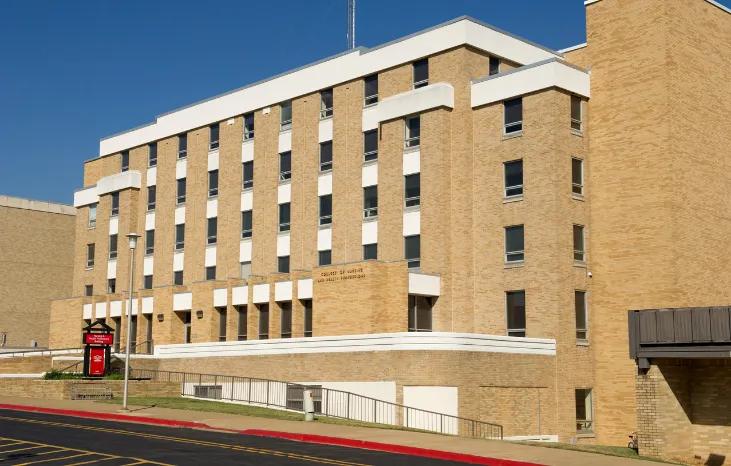
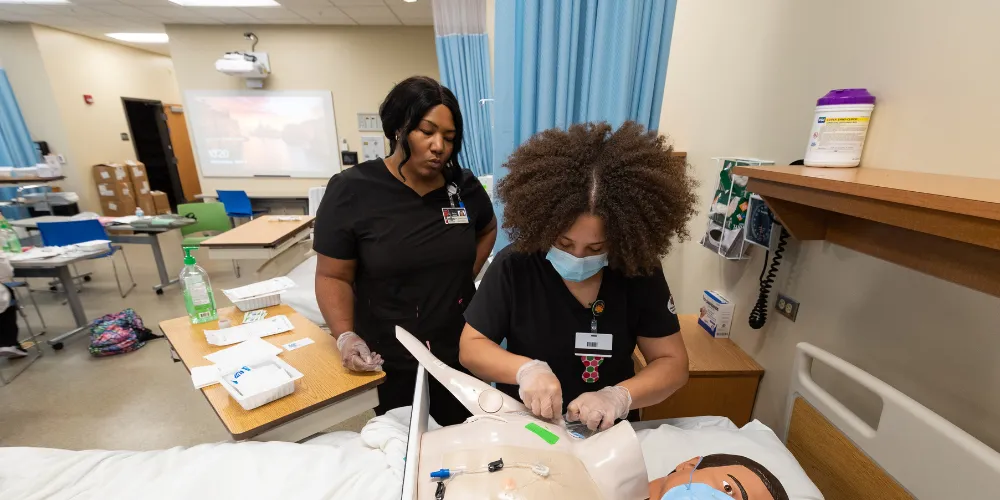
Activities & Organizations
Student ActivitiesArkansas State Board of NursingArkansas Nursing AssociationNational Student Nurse AssociationSigma Theta TauFollow us on Facebook

I chose A-State for my MSN-FNP for several reasons - the pride this community has for their college is unreal! and the professors help you find preceptors for your clinical hours, which is huge and isn’t something that many schools offered. I am still in communication with professors and preceptors, who also practice in our area.
ACCREDITED BY ACEN
APPROVED BY ASBN
The School of Nursing at Arkansas State University is approved by the Arkansas State Board of Nursing.
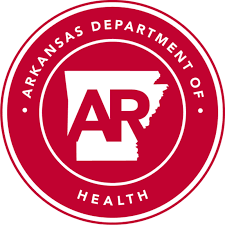
Connect With Us.
Information & Resources
-
Test of English as a Foreign Language (TOEFL) with a score of 83 on the preferred internet-based test (iBT), 570 on the paper-based test, or 213 on the computer-based test.
-
International English Language Testing System (IELTS) with a score of at least 6.5 and a spoken band score of 7.
-
Pearson Test of English Academic (PTE) with a score of 56.
English as a Second Language
Students who do not meet the required English language proficiency may enroll in ASU’s English as a Second Language (ESL) program in the International Center for English. Potential nursing students enrolled in the ESL program must maintain an average of 85 or higher in levels 0 through 4. In the final or 5th level of the ESL program an average of 90 or higher must be maintained. On completion of the ESL program, the potential nursing student must take the internet-based Test of English as a Foreign Language (TOEFL). Upon successfully meeting the proficiency requirement, potential students are eligible to apply to the School of Nursing.
Arkansas State Board of Nursing
Nurse Practice Act
17-87-312. Criminal Background Checks.
(a) Each first-time applicant for a license issued by the Arkansas State Board of
Nursing shall apply to the Identification Bureau of the Department of Arkansas State
Police for a state and national criminal background check, to be conducted by the
Federal Bureau of Investigation.
(b) The check shall conform to the applicable federal standards and shall include the taking of fingerprints.
(c) The applicant shall sign a release of information to the board and shall be responsible
to the Department of Arkansas State Police for the payment of any fee associated with
the criminal background check.
(d) Upon completion of the criminal background check, the Identification Bureau of
the Department of Arkansas State Police shall forward to the board all information
obtained concerning the applicant in the commission of any offense listed in subsection
of this section.
(e) Except as provided in subdivision (l)(1) of this section, no person shall be eligible
to receive or hold a license issued by the board if that person has pleaded guilty
or nolo contendere to, or been found guilty of any of the following offenses by any
court in the State of Arkansas or of any similar offense by a court in another state
or of any similar offense by a federal court:
(1) Capital murder as prohibited in § 5-10-101;
(2) Murder in the first degree as prohibited in § 5-10-102 and murder in the second
degree as prohibited in § 5-10-103;
(3) Manslaughter as prohibited in § 5-10-104;
(4) Negligent homicide as prohibited in § 5-10-105;
(5) Kidnapping as prohibited in § 5-11-102;
(6) False imprisonment in the first degree as prohibited in § 5-11-103;
(7) Permanent detention or restraint as prohibited in § 5-11-106;
(8) Robbery as prohibited in § 5-12-102;
(9) Aggravated robbery as prohibited in § 5-12-103;
(10)Battery in the first degree as prohibited in § 5-13-201;
(11) Aggravated assault as prohibited in § 5-13-204;
(12) Introduction of controlled substance into the body of another person as prohibited
in §5-13-210;
(13) Terroristic threatening in the first degree as prohibited in § 5-13-301;
(14) Rape as prohibited in §§ 5-14-103;
(15) Sexual indecency with a child as prohibited in § 5-14-110;
(16) Sexual assault in the first degree, second degree, third degree, and fourth degree
as prohibited in §§ 5-14-124 – 5-14-127;
(17) Incest as prohibited in § 5-26-202;
(18) Offenses against the family as prohibited in §§ 5-26-303 - 5-26-306;
(19) Endangering the welfare of an incompetent person in the first degree as prohibited
in
§ 5-27-201;
(20) Endangering the welfare of a minor in the first degree as prohibited in § 5-27-203;
(21) Permitting abuse of a child as prohibited in § 5-27-221(a)(1) and (3);
(22) Engaging children in sexually explicit conduct for use in visual or print media,
transportation of minors for prohibited sexual conduct, pandering or possessing visual
or print medium depicting sexually explicit conduct involving a child, or use of a
child or consent to use of a child in a sexual performance by producing, directing,
or promoting a sexual performance by a child as prohibited in §§ 5-27-303 - 5-27-305,
5-27-402, and 5-27-403;
(23) Felony adult abuse as prohibited in § 5-28-103;
(24) Theft of property as prohibited in § 5-36-103;
(25) Theft by receiving as prohibited in § 5-36-106;
(26) Arson as prohibited in § 5-38-301;
(27) Burglary as prohibited in § 5-39-201;
(28) Felony violation of the Uniform Controlled Substances Act §§ 5-64-101 – 5-64-608
as prohibited in § 5-64-401;
(29) Promotion of prostitution in the first degree as prohibited in § 5-70-104;
(30) Stalking as prohibited in § 5-71-229;
(31) Criminal attempt, criminal complicity, criminal solicitation, or criminal conspiracy
as prohibited in §§ 5-3-201, 5-3-202, 5-3-301, and 5-3-401, to commit any of the offenses
listed in this subsection;
(32) Computer child pornography as prohibited in § 5-27-603; and
(33) Computer exploitation of a child in the first degree as prohibited in § 5-27-605.
(f)(1)(A) The board may issue a nonrenewable temporary permit for licensure to a first-time
applicant pending the results of the criminal background check
(B) The permit shall be valid for no more than six (6) months.
(2) Except as provided in subdivision (l)(1) of this section, upon receipt of information
from the Identification Bureau of the Department of Arkansas State Police that the
person holding the letter of provisional licensure has pleaded guilty or nolo contendere
to, or has been found guilty of, any offense listed in subsection (e) of this section,
the board shall immediately evoke
the provisional license.
(g)(1) The provisions of subsections (e) and subdivision (f)(2) of this section may
be waived by the board upon the request of:
(A) An affected applicant for licensure; or
(B) The person holding a license subject to revocation.
(2) Circumstances for which a waiver may be granted shall include, but not be limited
to, the following:
(A) The age at which the crime was committed;
(B) The circumstances surrounding the crime;
(C) The length of time since the crime;
(D) Subsequent work history;
(E) Employment references;
(F) Character references; and
(G) Other evidence demonstrating that the applicant does not pose a threat to the
health or safety of the public.
(h)(1) Any information received by the board from the Identification Bureau of the
Department of Arkansas State Police pursuant to this section shall not be available
for examination except by:
(A) The affected applicant for licensure, or his authorized representative; or
(B) The person whose license is subject to revocation or his or her authorized representative.
(2) No record, file, or document shall be removed from the custody of the Department
of Arkansas State Police.
(i) Any information made available to the affected applicant for licensure or the
person whose license is subject to revocation shall be information pertaining to that
person only.
(j) Rights of privilege and confidentiality established in this section shall not
extend to any document created for purposes other than this background check.
(k) The board shall adopt the necessary rules and regulations to fully implement the
provisions of this section.
(l)(1) For purposes of this section, an expunged record of a conviction or a plea
of guilty or nolo contendere to an offense listed in subsection (e) of this section
shall not be considered a conviction, guilty plea, or nolo contendere plea to the
offense unless the offense is also listed in subdivision
(l)(2) of this section.
(2) Because of the serious nature of the offenses and the close relationship to the
type of work That is to be performed, the following shall result in permanent disqualification:
(A) Capital murder as prohibited in § 5-10-101;
(B) Murder in the first degree as prohibited in § 5-10-102 and murder in the second
degree as prohibited in § 5-10-103;
(C) Kidnapping as prohibited in § 5-11-102;
(D) Rape as prohibited in § 5-14-103;
(E) Sexual assault in the first degree as prohibited in § 5-14-124 and sexual assault
in the second degree as prohibited in § 5-14-125;
(F) Endangering the welfare of a minor in the first degree as prohibited in § 5-27-203
and endangering the welfare of a minor in the second degree as prohibited in § 5-27-204;
(G) Incest as prohibited in § 5-26-202;
(H) Arson as prohibited in § 5-38-301;
(I) Endangering the welfare of incompetent person in the first degree as prohibited
in § 5-27-201; and
(J) Adult abuse that constitutes a felony as prohibited in § 5-28-103
THE ARKANSAS NURSING EDUCATION PROGRESSION MODEL PHILOSOPHY
The discipline of nursing is pluralistic and multifaceted. It has various entries and exits provided by numerous types and levels of educational programs. A common core of knowledge is shared by all of nursing education. Educational programs that recognize this common core better serve the individual nurse, as well as the public and the nursing profession. This recognition facilitates the educational mobility of students. “Educational mobility allows movement of the nurse from one type of licensure to another and from one type of program (LPN, LPTN, Diploma, ADN, BSN, MSN) to another with maximum ease and recognizes the value of prior nursing education” (Arkansas Nurse Educators’ White Paper, 1990, pg. 1).Efficient and effective educational mobility of individuals is promoted by articulation arrangements agreements and progression models among institutions. The progression model facilitates educational mobility by one program’s courses being comparable with courses in another program that offers a higher level of education (Arkansas Nurse Educators’ White Paper, 1990, pg. 1). Educational mobility should be limited only by the nurse’s ability and personal choice.
The following assumptions support an articulation model to facilitate nurses’ continued education within the State of Arkansas.
- Reality mandates the necessity for educational mobility within the discipline of nursing.
- The public and the nursing profession are best served by a statewide nursing education progression model characterized by admission of students with advanced standing.
- Nurse educators are best qualified to design and implement nursing education progression models.
- Each nursing educational program is unique within itself and its community.
- Learning outcomes of educational programs verify achievement of the graduate regardless of entry characteristics of the student.
- The discipline of nursing is ever changing; therefore, a nursing education progression
model must be periodically evaluated.
NURSING EDUCATION PROGRESSION MODEL ELEMENTS
Nursing education programs participating in the Arkansas Nursing Education Progression Model agree to the following:
- Non-nursing credits from a regional or national accrediting agency recognized by the U.S. Department of Education may be transferred, subject to individual college/university policies.
- Non-nursing credits from non-accredited institutions of higher learning are not transferable.
- Nursing credits from previous nursing education program are held in escrow until graduation, at which time it is noted on the transcript as being accepted.
- Minimum number of nursing semester credit hours that will be awarded for previous nursing learning and the maximum number of nursing semester credit hours that will be required to be completed in the program will be adhered to as specified in Tables 1 & 2 below.
- Requirements for testing/non-testing and work experience will be adhered to as specified
in Table 3 below.
Arkansas Nursing Education Progression Model, cont.
Nursing Credit Paramneters for the Progressing LPN or LVN
| The LPN or LVN articulating to | Associate Degree in Nursing * | Baccalaureate Degree in Nursing | Diploma in Nursing |
|---|---|---|---|
| Will be awarded at least the following number of semester credit hours | 6 semester hours in nursing | 11 semester hours in nursing | 25 semester hours in nursing |
| Will be required to complete no more than the following number of semester credit hours. | 40 semester hours in nursing | 59 semester hours in nursing | 60 semester hours in nursing |
* LPN-to-RN Associate Degree Programs, which admit only LPNs and no unlicensed students, might not record the articulating credit on the student’s transcript and still meet this parameter.
Nursing Credit Parameters for the Progressing RN who graduated from an associate degree or diploma program that was NLNAC, ACEN, or CNEA accredited; or, Arkansas State Board Approved at the time of graduation
| The RN progressing to: | Baccalaureate Degree in Nursing* |
|---|---|
| Will be awarded at least the following number of semester credit hours in nursing by either transfer credit OR progression but not BOTH. | 33 semester hours in nursing |
| Will be required to complete no more than the following number of semester credit hours. | 38 semester hours in nursing |
* RN-to-Baccalaureate Degree Programs, which admit only RNs and no LPNs or unlicensed students, might not record the progression credit on the student’s transcript and still meet this parameter.
Progression Testing and Work Experience Requirements
| < 12 months after graduation | >12 months after graduation |
|---|---|
| No testing for progression required – some programs may require math competency exam
for articulation.No work experience required – except it may be required for accelerated tracks within programs. |
No testing for progression required if during past12 to 24 months have had at least 1000 hours of nursing employment. For progression to Associate Degree Programs this work experience must be in acute or long-term care settings. Individual schools may have special requirements for work experience settings.The individual school may require testing if work experience requirement not met. |
Abbreviations: LPN – Licensed Practical Nurse; LVN – Licensed Vocational Nurse; RN – Registered Nurse
Approved by NANEP: September 1992
Revised by NANEP: 2002, 2003
Revised 2/25/04;
Revised 11/08/04 Revised NANEP 2014
Approved by NANEP: 9/19/2014
Revised by NANEP 9/23/2022; Approved by NANEP
Your signature below indicates your support for and implementation of the Arkansas
Nursing Education Progression
Model for the indicated nursing program:
(Signature of Chief Nursing Education Officer, Dean, Director, Chair, Head)
(Name and address of nursing program/governing institution)
Please scan and send a signed form
to: Tammy.Vaughn@Arkansas.gov
The Arkansas State Board of Nursing
University Tower Building
1123 S. University, Suite 800
Little Rock, AR 7220
Faculty & Staff




